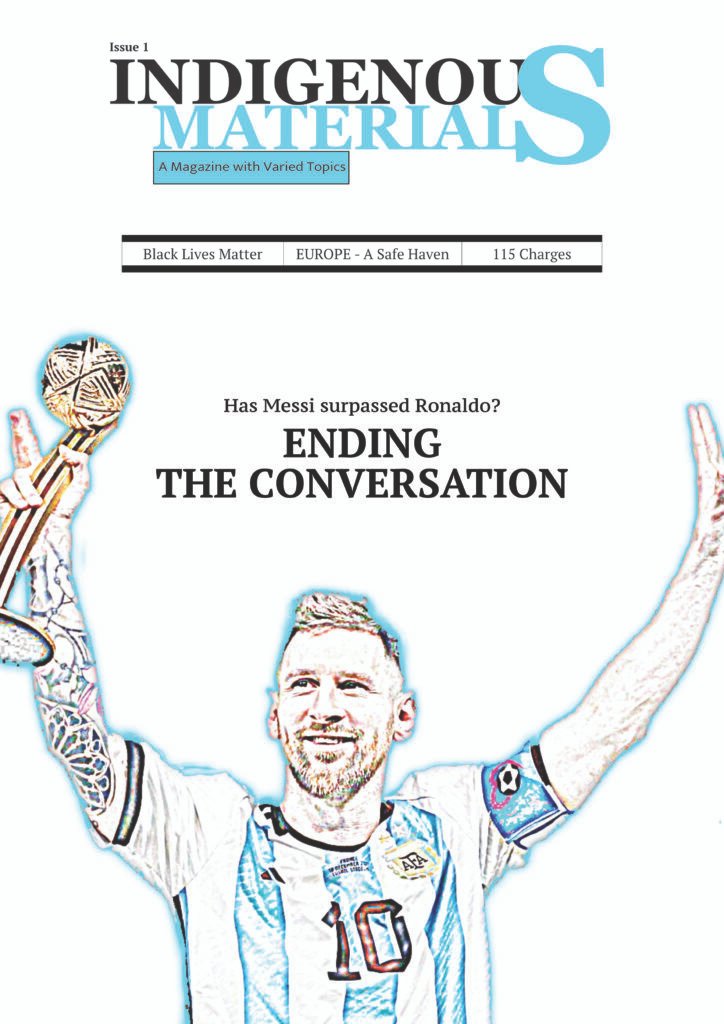Photograph credit: Andrew Medichini/ AP via Getty Images.
Extending the US Supremacy Further
History was made in Rome this week. The conclave ended with a decision that will shape the Catholic Church for decades. Cardinal Robert Francis Prevost of the United States has been elected Pope. He became the first American ever to acquire this role. His election is more than symbolic. It marks a new phase in the global reach of US influence. Also, extends the new phase of Americanisation in the religious arena.
For many, the news was surprising but not shocking. Prevost had been rising steadily through the Church’s ranks. Born and raised in Chicago, he served as a bishop in Peru for over a decade. His deep ties to Latin America and fluent Spanish made him an international figure. In recent years, he held key roles in the Vatican. Most recently, he served as Prefect for Bishops. That put him at the centre of appointments and Church governance.
His election was the result of both strategy and circumstance. The Church today is at a crossroads. It faces declining numbers in Europe, conflict over doctrine, and growing pressure from outside forces. The cardinals wanted a steady hand and someone with influence in regions that could help the Church strengthen its religious traditions. They chose someone who understands both the global south and the corridors of Rome. They also chose an America that will bring a hegemonic spirit to the Church.
This decision carries major weight. The United States has long played a strong role in global affairs. It now has a direct voice at the highest level of the Catholic Church. For decades, American cardinals shaped debate and often brought some controversies. Now they hold the papal throne. The line between religion and politics will be closely watched and scrutinised as most people feel that the Pope might not criticise the American government’s decisions, whether it is just or unjust.
Some critics worry about the impact of this shift. The Vatican has always sought to remain above geopolitics. An American Pope brings questions of neutrality. Will the Church be seen as too close to Washington? Will American views shape moral teaching on a global scale? These questions are difficult to answer at this moment in time, but they certainly raise eyebrows within the Catholic community.
Supporters of Pope Prevost see it differently. They say he represents a Church ready to lead with clarity and bring prosperity, which the Church has been missing for a while. They point to his years of missionary work and his balanced theological stance, put in a pole position to change the outcomes within the Church. He is neither radical nor rigid. He listens but leads. His election, they argue, is about competence and global reach, not nationality.
Still, the symbolism cannot be ignored. The conclave’s decision reflects growing American strength within the Church. Seminaries, charities, and Catholic media in the US have grown in power. Their vision of faith mixes tradition with modern communication. That model now has a global platform, and this coupled with mischievous decisions from Trump, does not help the Pope to escape from criticism.
The global south may feel sidelined. Africa and Latin America have seen the fastest growth in Catholic numbers. Many had hoped that a Pope from those regions would have helped increase the growing trends of the Church and steer the youth in those regions to join the Church. Instead, the choice fell to someone who reflects both the West and the wider world. Prevost’s years in Peru may help ease that concern, and Latin Americans may feel that he is one of their own.
The road ahead will be complex. Pope Prevost inherits a Church divided over many issues. From LGBTQ rights to the role of women, the debates are fierce, and he must highlight these issues and provide solutions in his tenure as the Pope. He must also manage rising secularism and political polarisation. His American roots may help him speak to both progressive and conservative audiences. Or it may deepen the divide as many catholics may not want the Americanised influence.
What is certain is that his election is historic. The first North American Pope is now a reality. The United States extends its reach once again. This time, not through policy or war, but through faith. The world will be watching closely as Pope Prevost begins his mission. His decisions will shape not just the Church, but the wider conversation about power, culture and belief in the 21st century. Again, it feels that the supremacy of America is getting bigger in the wider context. Although economic and political power are in decline, it feels like they have regained their status on a religious platform.




